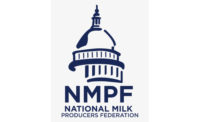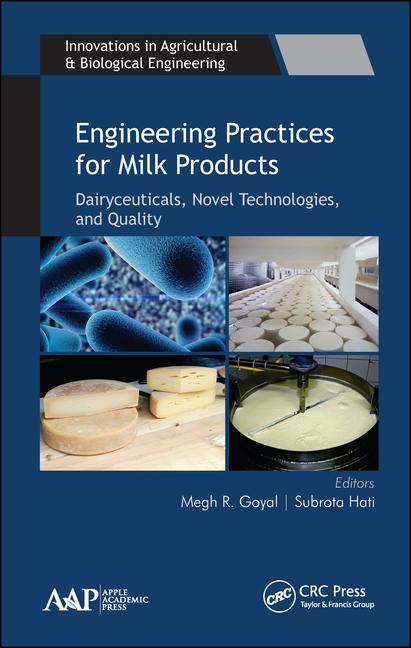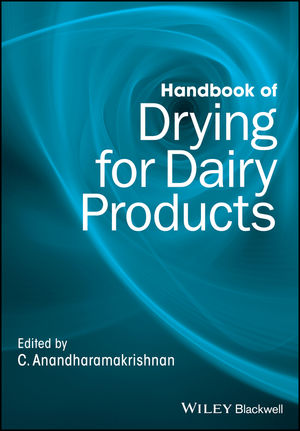NMPF submits proposal for modernizing FMMO system
Upon official acceptance, USDA will have 30 days to review the plan and decide whether and how to move forward with a federal order hearing to review the plan.

The National Milk Producers Federation (NMPF) submitted to USDA its proposal for modernizing the Federal Milk Marketing Order (FMMO) system, the product of two years of examination and more than 150 meetings held to build consensus behind updates to a program that last saw significant changes in 2000.
“Dairy farmers and their cooperatives need a modernized Federal Milk Marketing Order system that works better for producers,” said NMPF President and CEO Jim Mulhern. “By updating the pricing formulas to better reflect the value of the high-quality products made from farmers’ milk, by rebalancing pricing risks that have shifted unfairly onto farmers, and by creating a pathway to better reflect processing costs going forward, we are excited to submit this plan as a path toward a brighter future for dairy.”
Upon official acceptance, USDA will have 30 days to review the plan and decide whether and how to move forward with a federal order hearing to review the plan. Highlights include:
- Updating dairy product manufacturing allowances (the “make allowance”) contained in the USDA milk price formulas;
- Discontinuing the use of barrel cheese in the protein component price formula;
- Returning to the “higher of” Class I mover;
- Updating milk component factors for protein, other solids and nonfat solids in the Class III and Class IV skim milk price formulas; and
- Updating the Class I differential price system to reflect changes in the cost of delivering bulk milk to fluid processing plants.
NMPF will pursue two other components of its Federal Order proposal, approved by the organization’s board of irectors in March, outside of the federal-order hearing process, as they don’t involve changing federal order regulations. The recommendations, which remain essential parts of NMPF’s modernization plan, are:
- Extending the current 30-day reporting limit to 45 days on forward priced sales on nonfat dry milk and dry whey to capture more exports sales in the USDA product price reporting, which can be implemented through federal rulemaking; and
- Developing legislative language for the farm bill to ensure the make allowance is regularly reviewed by directing USDA to conduct mandatory plant-cost studies every two years.
Looking for a reprint of this article?
From high-res PDFs to custom plaques, order your copy today!







